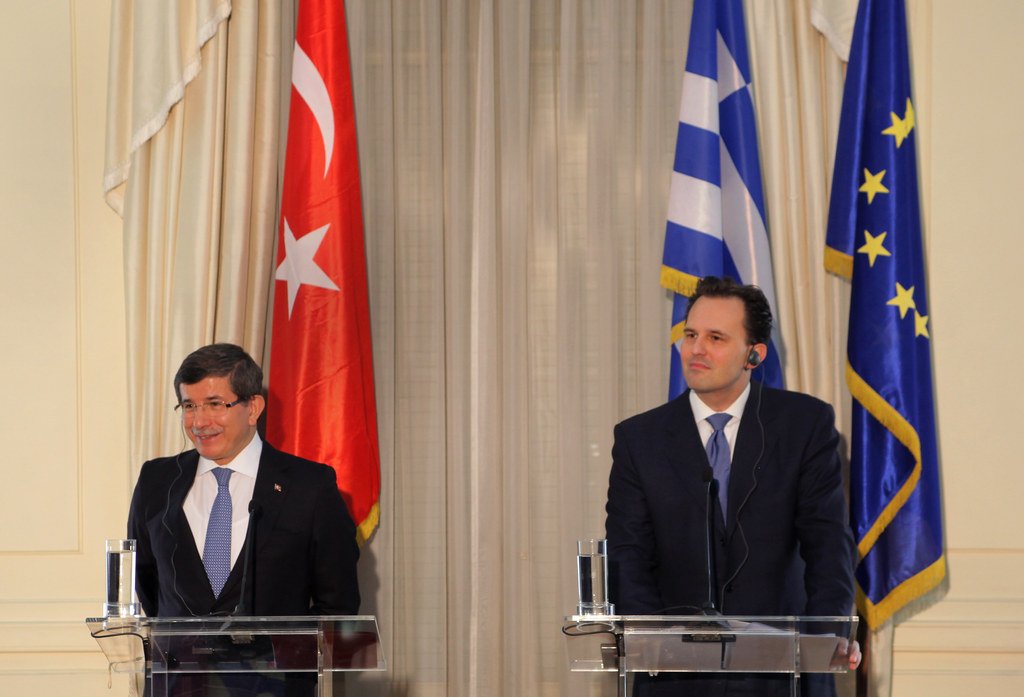Introduction
In a diplomatic move of significance, Iranian Foreign Minister Hossein Amir-Abdollahian welcomed his Turkish counterpart, Hakan Fidan, to the bustling capital of Tehran. The meeting, which took place on a Sunday, marked an important milestone in the diplomatic relations between these two influential regional powers. This article delves into the key aspects of their discussion, ranging from bilateral interests to regional and international concerns.
Historical Context
To appreciate the gravity of this meeting, it’s essential to consider the historical context of Iran-Turkey relations. These two neighboring nations have a complex history, characterized by periods of cooperation and tension. While their ties have faced challenges, they share common interests in various domains, including trade, security, and regional stability.
Bilateral Relations
One of the central topics of discussion during the Tehran meeting was the enhancement of bilateral relations. Iran and Turkey have long-standing economic ties, with a robust trade relationship that includes energy cooperation, trade agreements, and joint infrastructure projects. The talks likely addressed ways to further bolster these economic bonds, with an emphasis on mutually beneficial arrangements.
Energy Cooperation
Energy cooperation has been a key pillar of Iranian-Turkish relations. Turkey is heavily reliant on energy imports, and Iran is a significant supplier of oil and natural gas to its neighbor. The meeting likely included discussions on the continuation and expansion of energy agreements, addressing issues such as pricing, supply stability, and potential pipeline projects.
Security and Border Issues
With shared borders, security concerns are paramount for both nations. The Tehran meeting likely touched upon border security, counterterrorism efforts, and cooperation in addressing common threats. This is particularly relevant given the ongoing conflicts in neighboring countries, which have the potential to spill over into the region.
Regional Dynamics
Beyond bilateral interests, Iran and Turkey are key players in regional politics. Their actions and policies have significant implications for the Middle East and beyond. The meeting would have offered an opportunity to align their regional strategies and discuss ongoing crises.
Syria
One of the most pressing regional issues is the conflict in Syria. Both Iran and Turkey have interests and concerns in Syria, with differing alliances and objectives. The meeting may have included discussions on how to find common ground in addressing the complex Syrian conflict.
Iraq
Another regional hotspot is Iraq, where both nations have significant interests. Iraq’s political stability, economic development, and security are of utmost importance to Iran and Turkey. The ministers likely deliberated on ways to contribute to Iraq’s stability and prosperity.
Yemen
The Yemeni crisis, with its regional dimensions, is another topic that may have been on the agenda. Iran and Turkey have taken different positions on the conflict, and the meeting could have provided an opportunity to discuss potential avenues for cooperation or de-escalation efforts.
International Issues
The diplomatic tête-à-tête in Tehran did not confine itself to regional matters alone. Both Iran and Turkey are important players on the global stage, and their foreign policies often intersect with international concerns.
Nuclear Diplomacy
Iran’s nuclear program has been a subject of global interest and controversy. With international negotiations ongoing, the Turkish Foreign Minister may have used this meeting as an opportunity to discuss Turkey’s stance on the Iranian nuclear issue and explore avenues for regional stability.
Afghanistan
The rapid developments in Afghanistan, with the withdrawal of U.S. and NATO troops, have significant implications for the region. Iran and Turkey, as neighboring countries, have a vested interest in ensuring stability and addressing security concerns in Afghanistan. The Tehran meeting may have touched upon their respective roles and strategies in response to the evolving Afghan situation.
Conclusion
The meeting between Iranian Foreign Minister Hossein Amir-Abdollahian and Turkish Foreign Minister Hakan Fidan in Tehran was a noteworthy event with implications spanning from bilateral interests to regional and international concerns. It showcased the intricate nature of Iran-Turkey relations and the role these two nations play in shaping the geopolitics of the Middle East. As the world watches closely, the outcomes of this diplomatic engagement will undoubtedly reverberate far beyond Tehran’s borders, potentially shaping the course of events in the ever-evolving landscape of international politics.
Read More:
